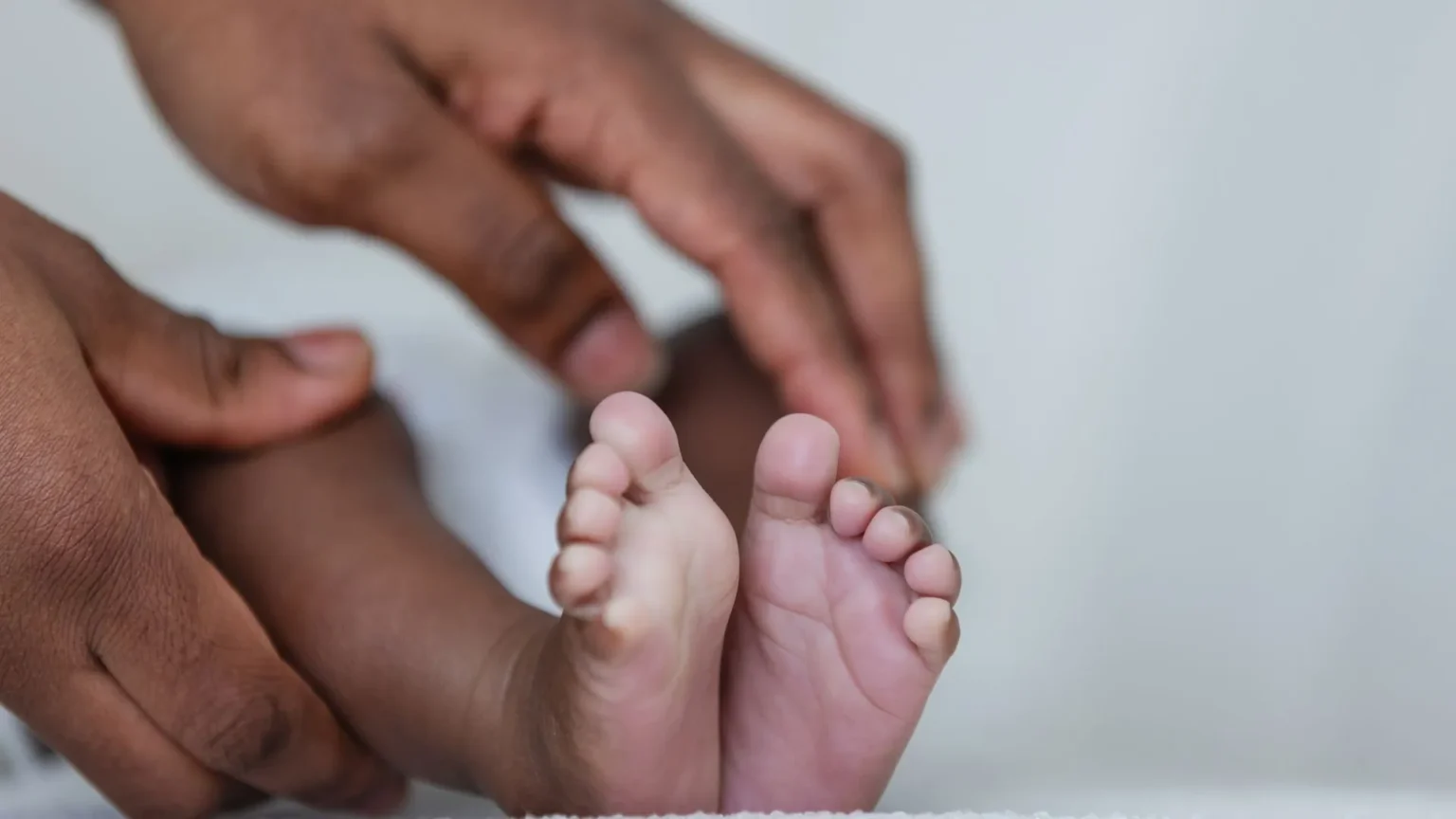For decades, couples undergoing in vitro fertilization (IVF) have faced significant financial challenges, often spending tens of thousands of dollars on procedures with no guarantee of success. This process not only takes an emotional toll, but also places a heavy financial strain on families.
To alleviate some of this burden, San Francisco-based startup Future Family has introduced an innovative IVF insurance product in the United States. Backed by Munich Re Ventures, the venture capital arm of the global reinsurance company Munich Re, this new offering essentially provides a money-back guarantee for couples going through IVF.
CEO and co-founder Claire Tomkins compares it to trip insurance. Couples pay 20% of the insurance cost upfront before beginning an IVF cycle. If they do not conceive after two cycles, or if they lose the baby within two weeks of birth, they can file a claim for reimbursement.
The cost of two IVF cycles can reach up to $40,000 depending on location. With Future Family’s new insurance product, Orange Shield, the typical cost of coverage is $3,000 upfront and $999 per month for five months. If treatment fails after two rounds, families are entitled to a refund under their IVF insurance policy.
Orange Shield is available at participating clinics across the country, and families have the option to pay through monthly installments or as a lump sum. The policy covers all IVF-related expenses up to a chosen coverage limit, with a maximum payout of $50,000. It includes eligible treatment costs such as medications and procedures.
“Our mission is simple: to help create more families by making IVF more successful, affordable, and less stressful,” said Tomkins, who herself is a mother of three children conceived through IVF. “IVF insurance works like any other form of insurance — much like car insurance, where you purchase coverage with the hope that you won’t need to file a claim.”
Eligibility for the insurance is based on several underwriting factors, including age and medical history. Currently, patients over 38 years old who plan to use their own eggs are not eligible for coverage. However, patients over 38 can still qualify if using donor eggs. Other factors influencing eligibility include lifestyle habits such as tobacco use, the source of eggs and sperm, and a patient’s infertility history.
Since its founding in 2016, Future Family has assisted more than 10,000 families with IVF through a range of services, including financing for IVF and egg freezing, as well as one-on-one coaching. The company has also provided over $200 million in credit.
Overall, Future Family has secured $150 million in funding, including $100 million in a credit facility announced in 2018. Investors include Munich Re Ventures, TriVentures, MS&AD Ventures, ORIX, Aspect Ventures, Mindset Ventures, at.inc/, and OurCrowd. Their most recent fundraising round was a $25 million Series B in April 2022.
In recent years, the IVF space has seen a surge of innovation from startups. One notable newcomer, fertility wellness company Lushi, raised $5 million in funding to further expand its offerings.
